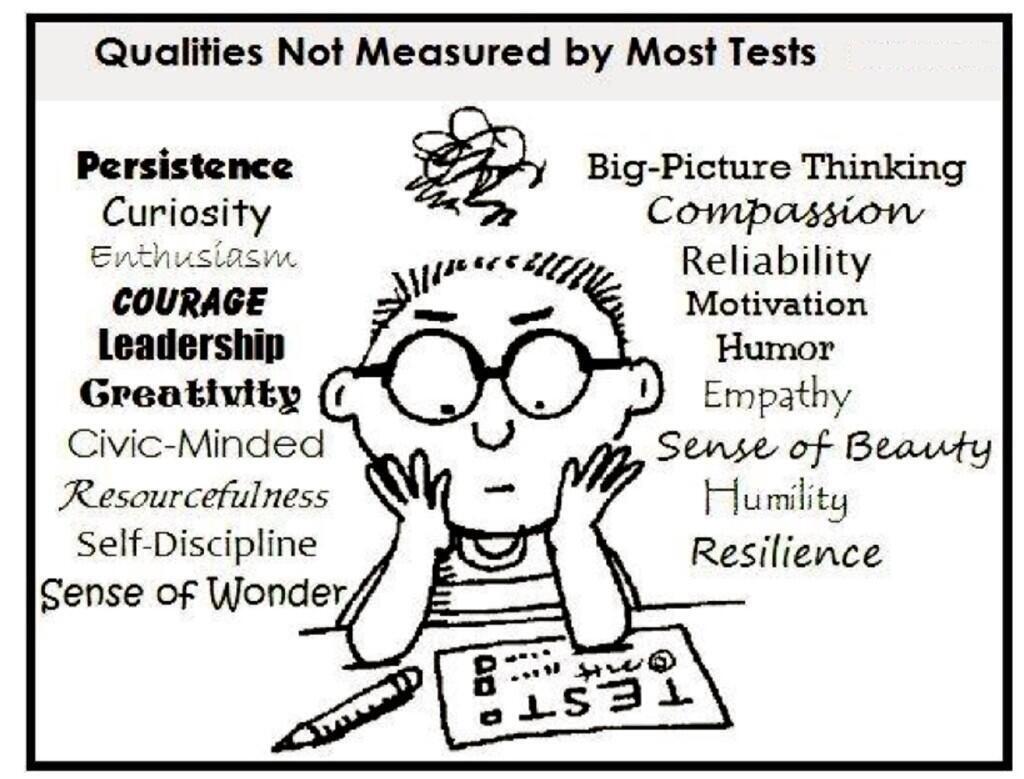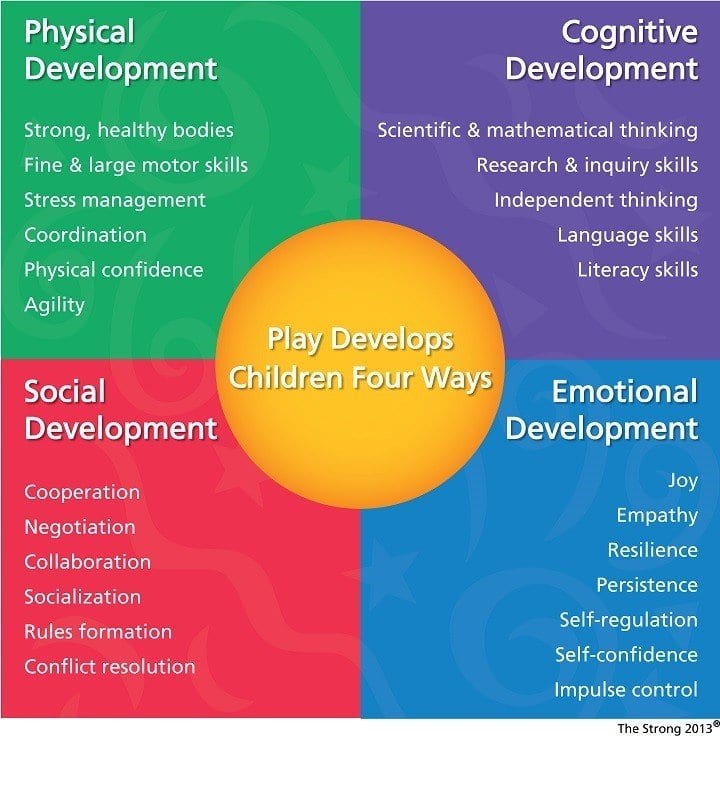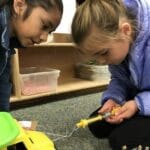The Need for More Play in School
As a kid I loved play. Countless hours were spent building forts in the woods, creating sand castles at the beach, riding bikes, playing Atari (then Nintendo, Game Boy, Sega Genesis, etc.) or just running around for no apparent reason. Kids love play and it is a central component of their social and emotional development. Important qualities such as patience, compromise, creativity, focus, critical thinking, problem solving, determination, resilience, and resourcefulness, to name a few, are developed through play. Not only are these qualities vital to success, but they also represent elements that cannot be tested.

Image credit: dyslexickids.net
As much as I loved play I think I enjoy watching how it not only impacts, but also how important it is to my own children. In many ways my kids engage in play in unique ways based on their personalities. My son, Nick, is an avid gamer who loves Minecraft and the creative freedom it fosters. On many nights it is common to see him with his headset on collaborating and communicating with kids his age from across the country utilizing thought and strategy to create a product that matters.
Like most children, he also has a passion for basketball, golf, Nerf gun battles, laser tag, going to the park, and of course playing with his sister. They love walking the neighborhood engaged in Pokemon Go. I love it when they come back and tell me how many kilometers they walked while having fun.
My daughter, Isabella, on the other hand is a ball of raw energy. She is always on the go, running around the house and outside when the Texas heat is in check. Like her brother, technology is a huge component of her play regime. Many evenings after dinner she retreats to her room to play Roblox with her best friend, Brooke, who lives in New York. She will have a computer set up for the game and then stream in Brooke Live using Facetime on her iPad Mini. They then play the game together, but laugh and converse in real-time. She is also big on creating Musical.ly’s with her friends near and far.
Outside of technology she is your typical kid when it comes to play, ranging from dolls, to stuffed animals, to a variety of aquatic games in the pool.
Play has a magical effect, at times, of taking away some of the stress and pressures of life. It is in these carefree moments that kids and adults develop and enhance certain skills that will play a huge role in personal and professional development. I find myself reflecting on the seemingly endless positive impacts that play has on kids and yet it is being cut from schools across the world. Ask any young kid what was their favorite part of the school day and they will respond in no specific order – recess, gym, or art.
Our kids need and deserve more play, not less! Recess in particular is needed not just in our youngest grades, but also even through the middle and high school years. Read about why high school should be more like kindergarten and the point becomes clearer. Play has to be valued in school and its integration should be a priority if student learning and achievement are the goal. Why you ask? Research has found that play develops students in four ways: physical, cognitive, social, and emotional.

In order to create schools that work for kids a concerted effort has to be made to break up the monotony of formal learning that places a great deal of stress on students. Structured and unstructured play should be integrated into every school schedule, regardless of the age group of the kids. Below are a few ideas:
- Add more recess (kids need it and the benefits are clear)
- Integrate makerspaces
- Replace study halls with play options and open choice
- Integrate games such as chess, checkers, Trivial Pursuit, and Xbox to common areas
- Add time to lunch. With a full length lunch period at my school (48 minutes) students would regularly go outside and play, visit the makespace, or play video games thanks to our BYOD initiative.
- Develop a play-based elective
These are just a few ideas to implement the power of play into the school day. Students should be excited to attend school and learn. By integrating more play we can begin to create a culture where more students want to learn. Once that is achieved the possibilities are endless.
Source: A Principal's Reflections
Last Updated on 13 January 2025
I am a Senior Fellow and Thought Leader on Digital Leadership with the International Center for Leadership in Education (ICLE).





